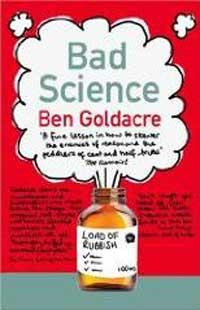Scientific and ethical homeopathy

The document says that there are "great uncertainties" about homeopathy, but that it is widespread in society and that, to improve the health of all, homeopathy is named a medical action, since, regardless of the results of therapy, all health-related activities are of health action and, therefore, must be performed by someone with medical training, and not, as often happens with homeopathy, by someone with little or no training. The document concludes that homeopathy must meet the ethical and scientific criteria that all other medical activities must meet, and insists that it must scientifically demonstrate its effectiveness through valid questionnaires.
The point is that these scientific studies have been done, and the only thing that has been shown is that homeopathic pills do not work better than placebos. The most cited and called definitive is the meta-analysis published in 2005 in the journal The Lancet. This study analyzed 110 trials of homeopathy (all placebo-controlled) and as many other conventional medications. And homeopathy did not pass the test. Previously it also failed in other studies, but it seems that it is not enough.

Cover of the book Bad Science.
British physician and disseminator Ben Goldrace details numerous essays in the recommended book Bad Science, and I strongly agree with him when he says it is enough, that no further trials of this type are needed. In his book he mentions that in the British Medical Journal the term "we have to investigate more" has been banned for many years, because it adds nothing, if we do not talk about the research that is missing, what, what to measure and why. The phrase, he says, does not have to be an indicator of a proactive attitude and an open vision.
In fact, on how many occasions we have not been accused of denouncing the lie of homeopathy of having a closed world view. It seems much more closed to me to insist on the effectiveness of homeopathic pills, claiming as a mechanism that dilution to almost infinity strengthens the ability to cure, water has memory and I do not know what else. Since we talk about scientific and ethical medical acts, let's talk about the placebo effect, which is what homeopathy has shown. Today it is not acceptable to prove that a remedy is as good as placebo to be considered and sold as a drug. But that does not mean that the placebo effect has to be closed. Upside down. Although we do not know their circuits well, we know that it is a powerful effect and that it is useful and has been used in medicine. It is, however, a direct and ethical application of placebo, respecting the rights of the patient and the deontological code. However, homeopathy has not taken that path. It is firmly linked to the effectiveness of the pill, and as long as it follows, it will be neither scientific nor ethical. It will be a fraud against scientific and ethical medicine that the WTO claims to defend.
Published in Berria
Buletina
Bidali zure helbide elektronikoa eta jaso asteroko buletina zure sarrera-ontzian











